The story of human progress is often told through the lens of great events and influential figures. However, it’s the everyday objects that have truly transformed our lives. This document traces the evolution of some of the most impactful inventions in human history, from the ancient wheel to the modern smartphone.
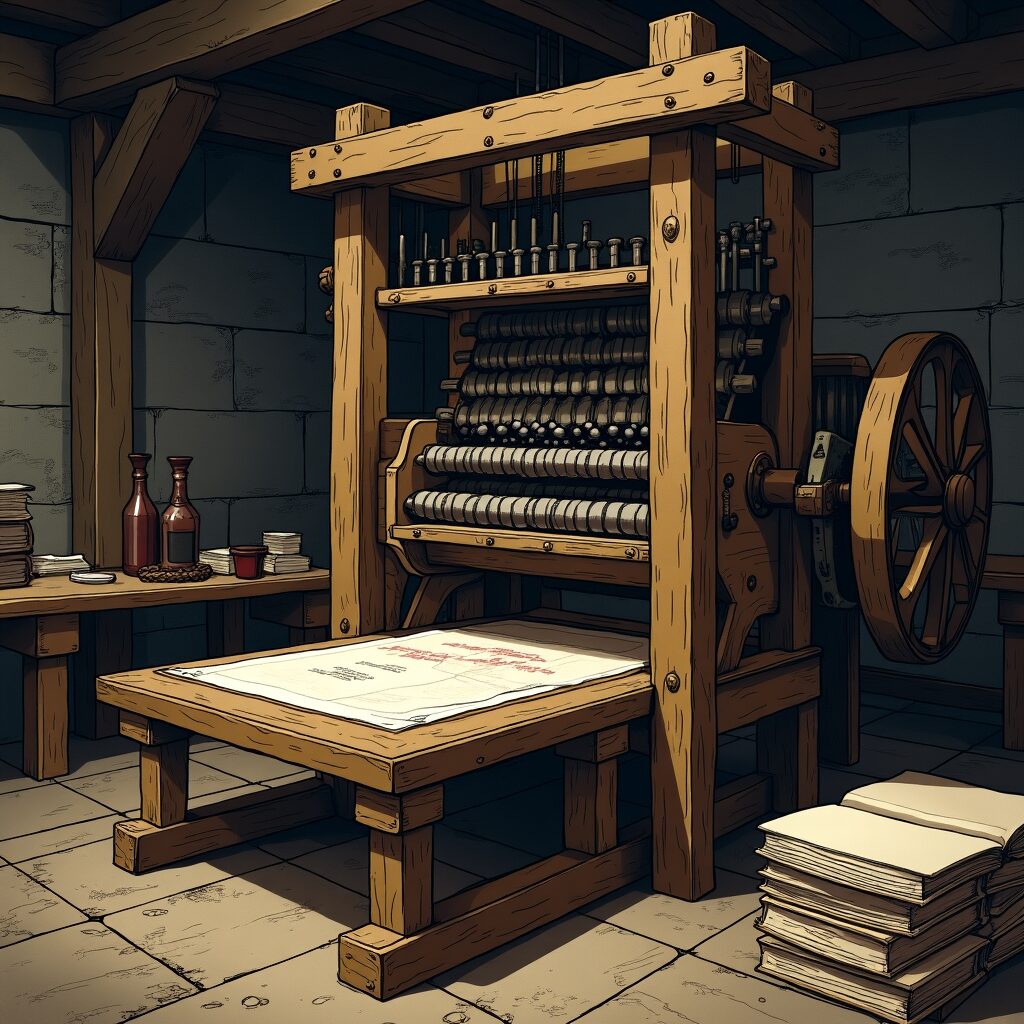
The Wheel (c. 3500 BCE)
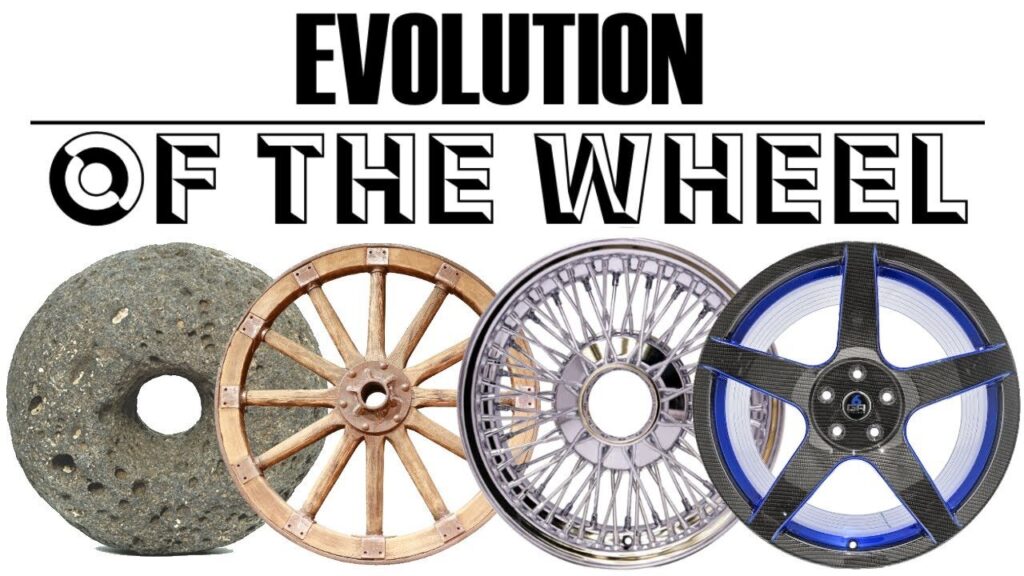
Read More: Royal Regalia: A Timeless Tapestry of Power and Elegance
- Invention: One of the oldest and most important inventions in human history.
- Initial Use: Likely first used in Mesopotamia for pottery making.
- Evolution:
- Adapted for transportation (chariots, carts)
- Crucial for agriculture and trade
- Impact: Revolutionized transportation, commerce, and warfare.
The Compass (c. 200 BCE)
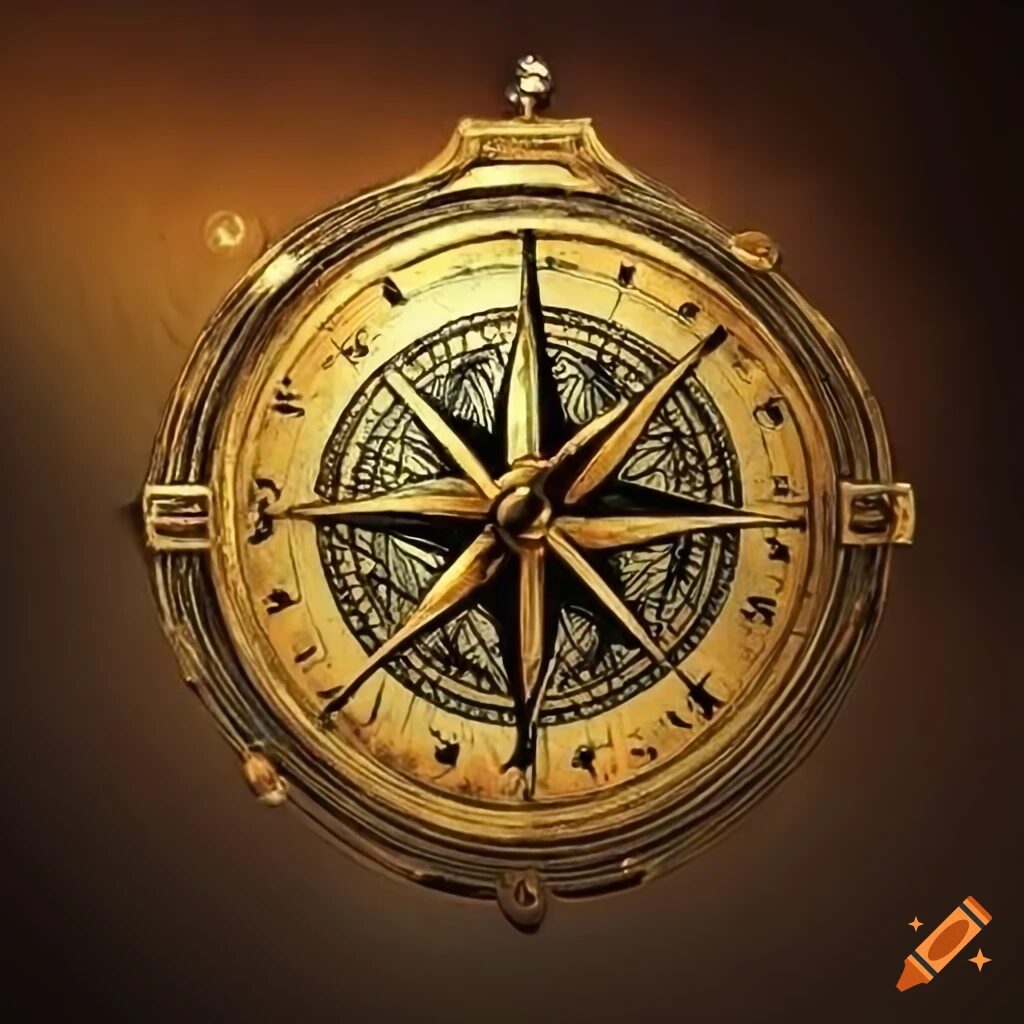
- Origin: Invented in China during the Han Dynasty.
- Initial Use: Used for feng shui and divination.
- Evolution:
- Adapted for navigation by the 11th century
- Crucial for maritime exploration and trade
- Impact: Enabled long-distance sea travel and global exploration.
The Printing Press (c. 1440 CE)
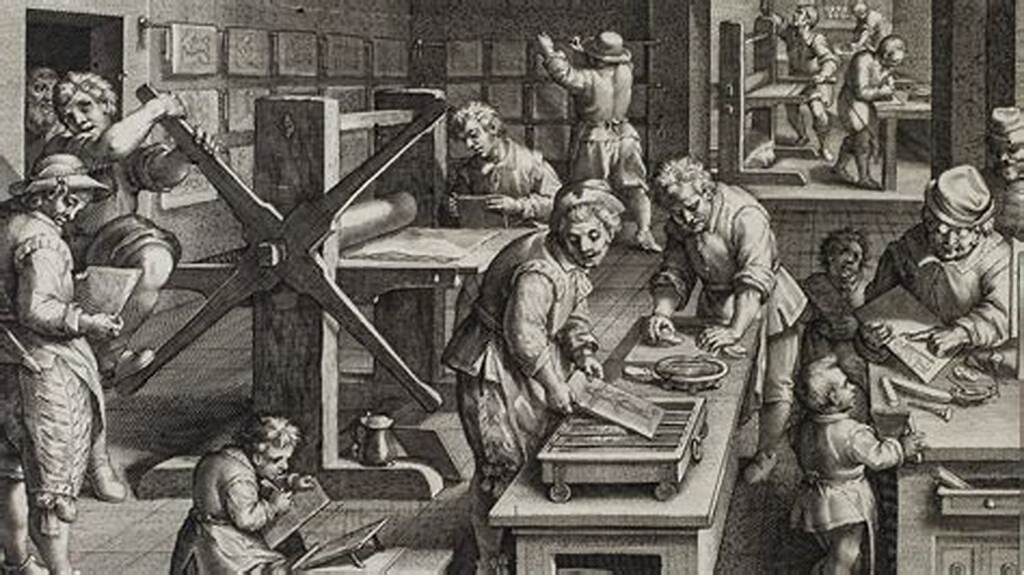
Read More: The Regulatory Landscape of Cryptocurrency: A Complex Challenge
- Inventor: Johannes Gutenberg in Germany.
- Innovation: Movable type printing in Europe.
- Impact:
- Dramatically increased the speed of book production
- Facilitated the spread of knowledge and literacy
- Played a crucial role in the Renaissance and Scientific Revolution
The Light Bulb (1879)

- Inventor: Thomas Edison (building on previous work by others).
- Innovation: First commercially successful incandescent light.
- Impact:
- Extended productive hours beyond daylight
- Improved safety in homes and workplaces
- Sparked the widespread use of electricity
The Telephone (1876)

- Inventor: Alexander Graham Bell.
- Initial Use: Point-to-point communication.
- Evolution:
- Public telephone networks
- Mobile phones
- Impact: Revolutionized long-distance communication and business practices.
The Automobile (late 19th century)
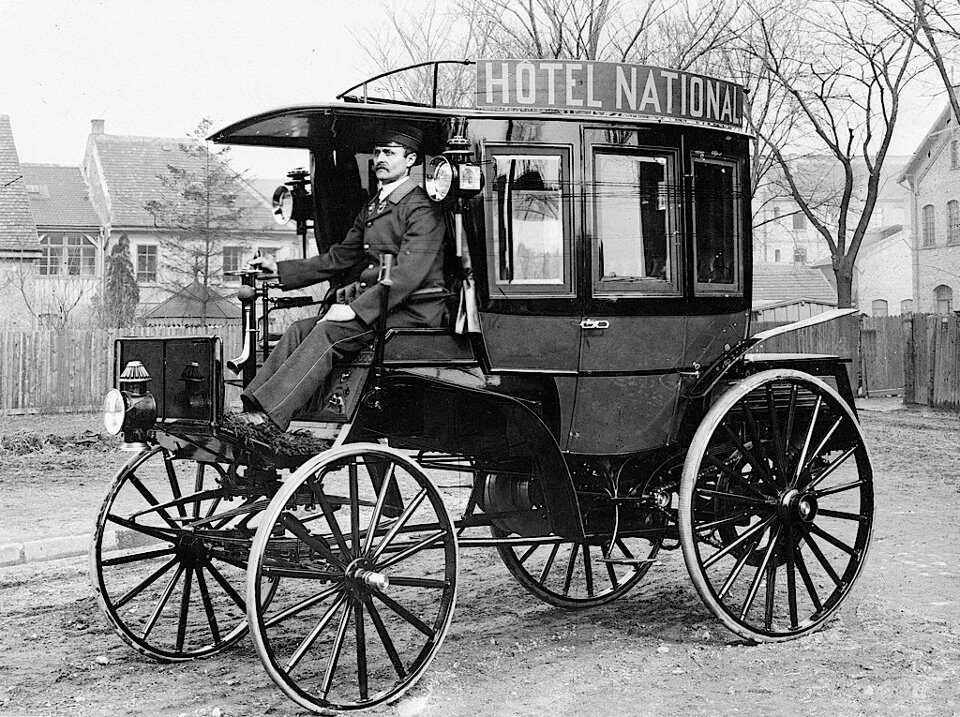
- Key Figures: Karl Benz, Gottlieb Daimler, Henry Ford.
- Innovation: Mass production techniques by Ford.
- Impact:
- Transformed personal transportation
- Reshaped urban planning and infrastructure
- Created new industries and job opportunities
The Computer (mid-20th century)
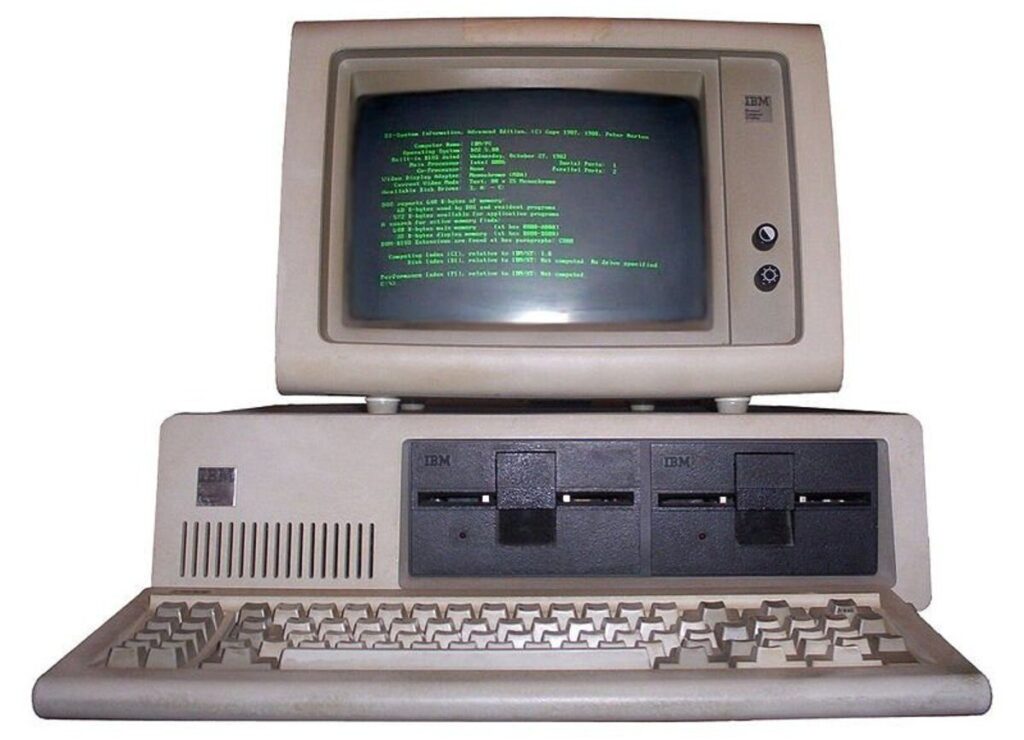
- Early Pioneers: Alan Turing, John von Neumann.
- Evolution:
- Mainframe computers
- Personal computers (1970s-80s)
- Internet-connected devices
- Impact: Revolutionized data processing, communication, and virtually every aspect of modern life.
The Smartphone (2007)
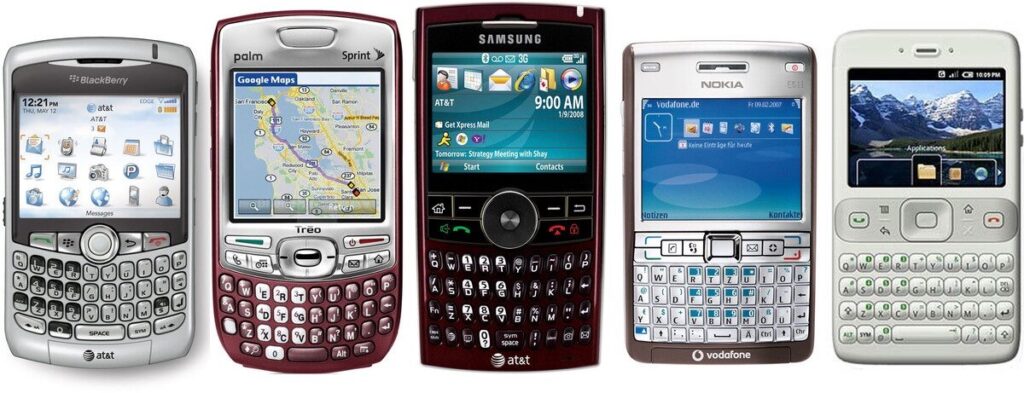
- Key Moment: Introduction of the iPhone by Apple.
- Features: Combined mobile phone, internet device, and personal computer.
- Impact:
- Always-connected mobile computing
- App ecosystem
- Transformed social interaction, commerce, and information access
Conclusion
From the wheel to the smartphone, these everyday objects have shaped human civilization in profound ways. Each invention built upon previous technologies, showcasing the cumulative nature of human innovation. As we look to the future, it’s exciting to imagine what new everyday objects might emerge to further transform our lives.
FAQS:
- Q: What is considered the oldest everyday object in human history?
A: The wheel, invented around 3500 BCE, is often considered one of the oldest and most important inventions in human history. - Q: Which invention had the biggest impact on the spread of knowledge?
A: The printing press, invented by Johannes Gutenberg around 1440 CE, dramatically increased the speed of book production and facilitated the spread of knowledge and literacy. - Q: When was the smartphone invented?
A: The modern smartphone as we know it was introduced in 2007 with the launch of the iPhone by Apple. - Q: Who invented the light bulb?
A: Thomas Edison is credited with inventing the first commercially successful incandescent light bulb in 1879, though he built upon the work of previous inventors. - Q: How did the compass change the world?
A: The compass, invented in China around 200 BCE, enabled long-distance sea travel and global exploration, revolutionizing navigation and trade.


